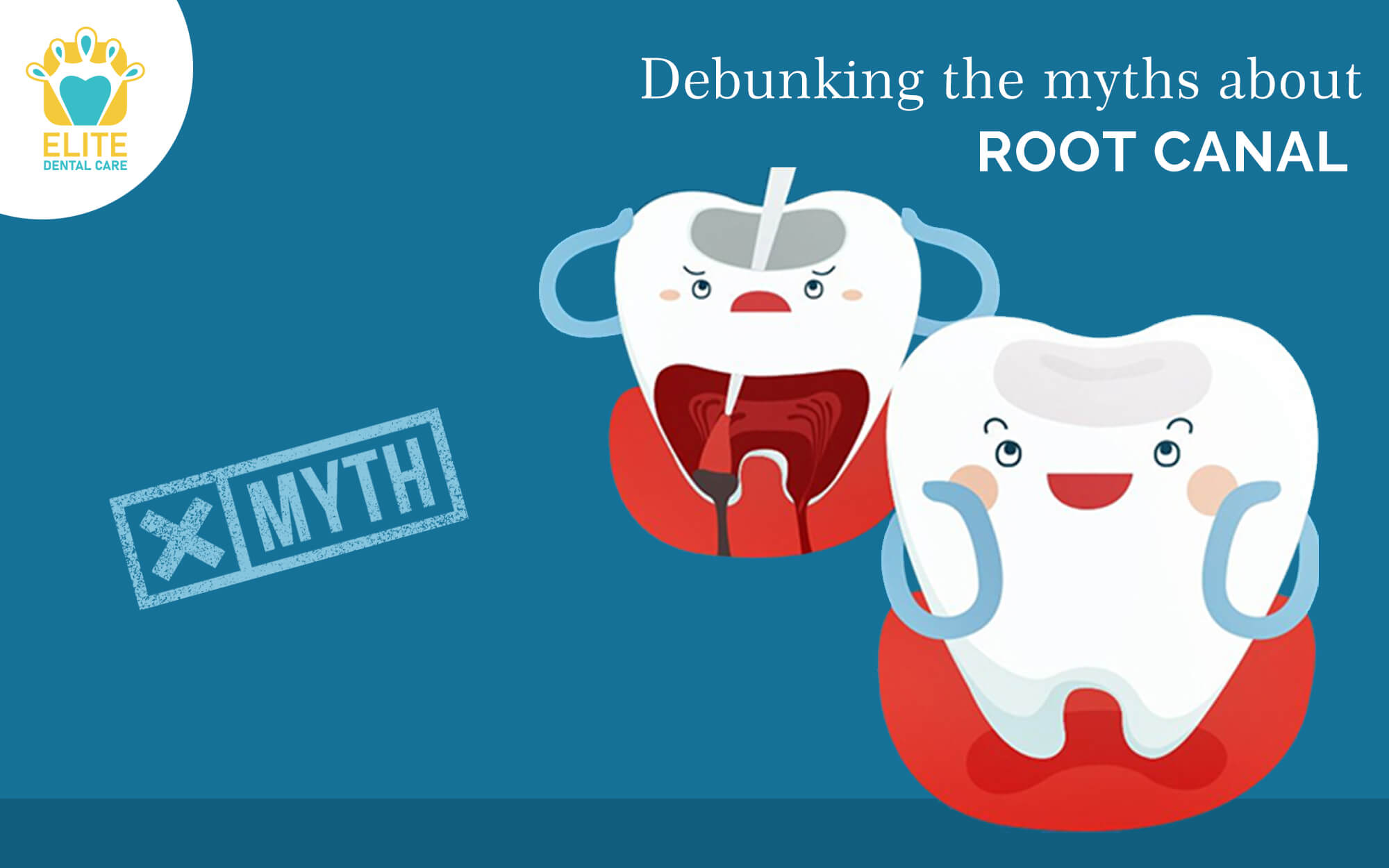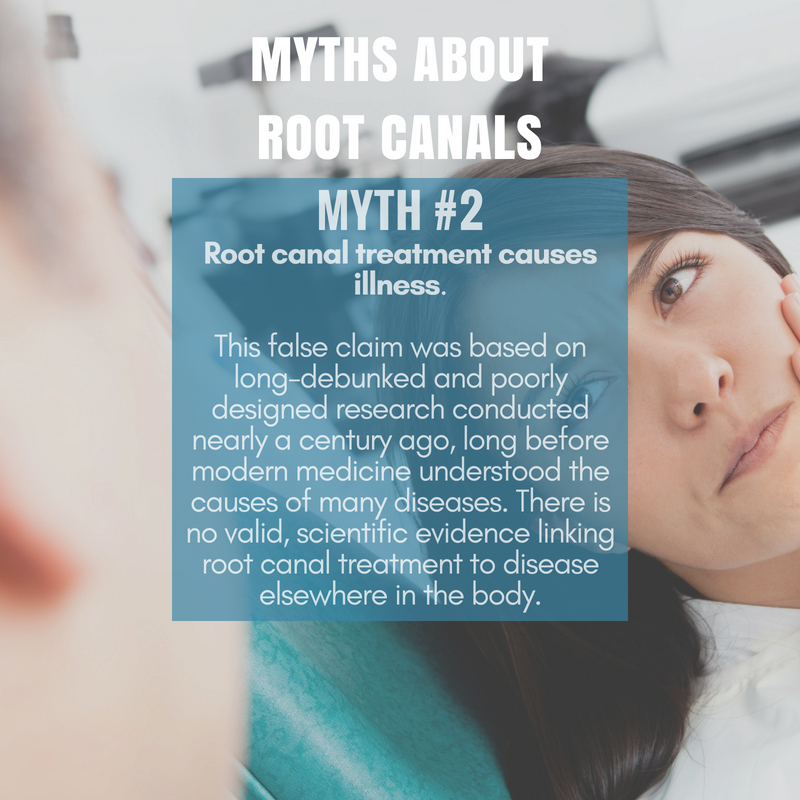Introduction
Root canal therapy is a dental procedure that is often surrounded by myths and fears. Many people dread the thought of undergoing a root canal due to misconceptions about the treatment. However, it is important to separate fact from fiction in order to make informed decisions about our dental health. In this blog post, we will debunk common myths associated with root canal therapy and address the fears that often accompany it.
Understanding Root Canal Therapy

Root canal therapy, also known as endodontic treatment, is a dental procedure performed to save a severely damaged or infected tooth. It involves removing the infected pulp from the tooth’s root canal, cleaning and disinfecting the area, and then filling and sealing it to prevent further infection.
Myth: Root Canal Therapy is Painful
One of the most common myths surrounding root canal therapy is that it is a painful procedure. However, with modern advancements in dentistry, this myth is far from the truth. In fact, root canal therapy is performed under local anesthesia, ensuring that you feel little to no pain during the procedure. Dentists are highly skilled in managing pain and discomfort, making the experience as comfortable as possible for patients.
Myth: Root Canal Therapy Causes Illness
Another prevalent myth is that root canal therapy can cause illness. This misconception originated from poorly conducted research in the early 20th century. The research suggested a link between root canal-treated teeth and systemic diseases. However, extensive scientific studies have since debunked this myth, proving that root canal therapy is a safe and effective procedure with no connection to other health issues.
Fact: Root Canal Therapy Saves Teeth
Root canal therapy is often the last resort to save a tooth from extraction. By removing the infected pulp and sealing the root canal, the tooth can be preserved and continue to function naturally. Losing a tooth can lead to various complications, such as difficulty chewing, shifting of adjacent teeth, and bone loss. Therefore, root canal therapy is a valuable treatment option that helps maintain a healthy smile.
Myth: Extraction is Better than Root Canal Therapy
Some individuals believe that extracting a tooth is a better option than undergoing root canal therapy. However, this is not always the case. While extraction may seem like a quick fix, it can lead to a series of problems in the long run. Missing teeth can cause difficulties in speaking, chewing, and even affect your self-confidence. Additionally, extracting a tooth without replacing it can result in the shifting of neighboring teeth, leading to misalignment and bite issues.
Summary
Root canal therapy is a safe and effective dental procedure that aims to save a severely damaged or infected tooth. Despite its proven success, there are several myths and fears surrounding this treatment that can cause unnecessary anxiety for patients. By debunking these myths and addressing common fears, we hope to provide a clearer understanding of root canal therapy and alleviate any concerns you may have. Rem important link ember, it is always best to consult with a qualified dentist who can provide personalized advice and guidance based on your specific dental needs.
- Q: Does root canal therapy hurt?
- A: No, root canal therapy is performed under local anesthesia, so you won’t feel any pain during the procedure. Some mild discomfort may be experienced after the treatment, but it can be managed with over-the-counter pain relievers.
- Q: Will I need multiple appointments for a root canal?
- A: In most cases, a root canal can be completed in one or two appointments. However, complex cases or infections may require additional visits to ensure the best outcome.
- Q: Is it better to extract the tooth instead of getting a root canal?
- A: Saving your natural tooth through root canal therapy is usually the best option. Extracting a tooth can lead to other dental problems, such as shifting of surrounding teeth or difficulty in chewing. It’s always recommended to preserve your natural teeth whenever possible.
- Q: Are root canals only performed on severely damaged teeth?
- A: Root canal therapy is not limited to severely damaged teeth. It is also used to treat teeth with deep decay, infection, or trauma. The goal is to save the tooth and prevent further complications.
- Q: Can a root canal treatment cause illness or other health problems?
- A: No, there is no scientific evidence linking root canal therapy to illness or other health problems. It is a safe and effective procedure performed by dental professionals to eliminate infection and save your tooth.

Welcome to my website! My name is Tristan Wynter, and I am a passionate and dedicated dental hygienist with years of experience in the field of general dentistry, pediatric dental care, smile enhancements, and dental hygiene tips. I am thrilled to have the opportunity to share my knowledge and expertise with you through this platform.




